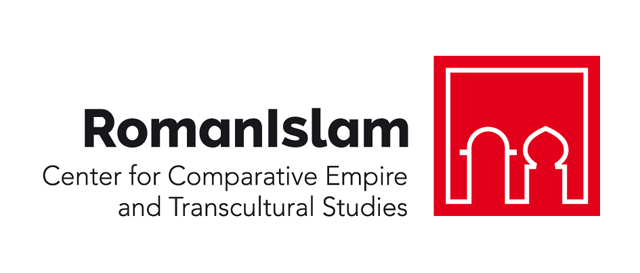Dr. Michael J. Kelly
April 2021 - December 2021

Research Project: Visions of Death: A Visigothic Theological Historicization
As Michel Foucault shows in Madness and Civilization, early in the eighteenth century “madness” became a category that defined a set of individuals that, as such, needed to be entirely separated from society (“the unvaccinated” in 2021). These “mad” people were irrational, particularly infectious, and mentally and morally not part of “our” world, of “our” community, and so should be excluded. In the Visigothic search for “human nature” we see the removal of persons and constructed groups from the wider community on similar grounds, in this case, of their being “inhuman.” Jews met, by Visigothic standards, all the “scientific” (theo-political logic) criteria for being inhuman: they were not, according to Visigothic writers, faithful (not to God, not to their kingdom, not to their business partners, not even to each other), and they certainly did not reward those who were (“Christians”). Once the category “inhuman” was in existence and circulating it was possible to move Jews – or any non-state believers – from being simply enemies of the state to being ontological others and outright inhuman, evident in contemporary references to Jews as pests and non-human animals. In my monograph in progress, I excavate from Visigothic theological, religious, literary and legal sources the category of “human nature” and its anti-Semitic origins. At Hamburg, I am working on the book’s second chapter, “Visions of Death,” which shows the Visigothic establishment of death as historical, as a fluid element of a “human nature” able to be reinvented, thereby allowing the conceptual space for a non-human human.
Profile
Dr. Michael J. Kelly lectures history, critical theory, and the philosophy of history at Binghamton University (SUNY) and is Co-Editor of Gracchi Books, Director of Networks and Neighbours, and Co-Editor, with Dolores Castro, of the Visigothic Symposia series. His publications include Isidore of Seville and the “Liber Iudiciorum”: The Struggle for the Past in the Visigothic Kingdom (Brill, 2021) and, with Arthur Rose, the co-edited volume Theories of History: History Read Across the Humanities (Bloomsbury, 2018). He is currently preparing a monograph on the concept of “human nature” in early medieval law and theology, and adapting for the stage two short novels by Ariana Harwicz, Die, My Love and Feebleminded.
CV
Selected Publications
Kelly, Michael J. (2021), Isidore of Seville and the “Liber Iudiciorum”: The Struggle for the Past in the Visigothic Kingdom (The Medieval and Early Modern Iberian World 80), Boston and Leiden: Brill.
Kelly, Michael J. (2020a), “From Rhetoric to Dialectic: the Becoming ‘Germanic’ of Visigothic (Legal-)Literature, and (Postulating) the End of a ‘Truth’”, in: Matthias Friedrich / James M. Harland, eds., Interrogating the “Germanic”: A Category and its Use in Late Antiquity and the Early Middle Ages, Berlin: De Gruyter, 127-144.
Kelly, Michael J. / Castro, Dolores (2020b), “Isidore’s Sententiae, the Liber Iudiciorum, and Paris BnF Lat. 4667”, Visigothic Symposia 4, 144-168.
Kelly, Michael J. (2020c), “The Liber Iudiciorum: A Visigothic Literary Guide to Institutional Authority and Self-Interest”, in: Paulo Pachá / Sabine Panzram, eds., The Visigothic Kingdom: The Negotiation of Power in Post-Roman Iberia, Amsterdam: Amsterdam University Press, 257-272.
Kelly, Michael J. / Rose, Arthur, eds. (2018), Theories of History: History Read Across the Humanities, London: Bloomsbury,.
Kelly, Michael J. (2014), Alain Badiou: A Graphic Guide. London: Icon Books.


